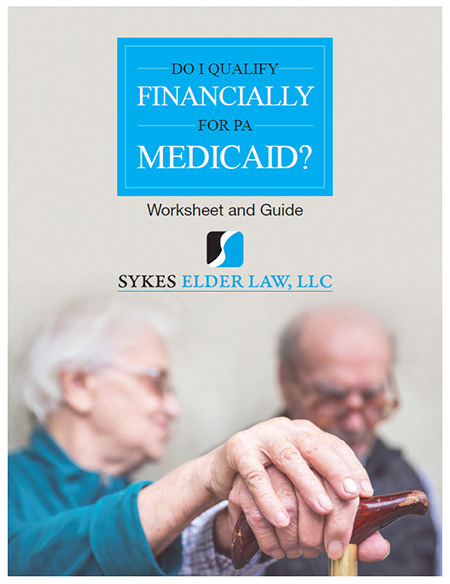(2009)Recent ruling affirmed the right of spouses of Medicaid applicants to use excess resources to generate income through an annuity that complies with federal requirements.
Background
When an applicant for Medicaid benefits is married, the law provides the applicant’s spouse (called the “community spouse”) with certain financial protections, so long as the spouse is not also eligible for Medicaid.
One protection is the community spouse resource allowance, which is an amount of money (or other resources) that the community spouse can keep, in addition to other “exempt” resources, such as a house and a car.
When the applicant applies for Medicaid, a married couple is entitled to retain exempt resources, the community spouse resources allowance, and a minimal amount that the applicant can keep ($2,400 or $8,000, depending on the applicant’s income). Anymoney or property beyond that will be considered “excess resources.”
Applicants and their spouses often spend down excess resources to qualify for Medicaid.
In recent years, the Pennsylvania Department of Public Welfare has allowed married applicants to use excess resources to buy an annuity to generate income for the community spouse, but only if the income from the annuity did not exceed certain guidelines.
Weatherbee v. Richman
In the Weatherbee v. Richman case, a Medicaid applicant had used approximately $400,000 of excess resources to buy an annuity that paid the community spouse $4,423 per month for 107 months.
The annuity met certain technical requirements under Medicaid law so that it was not considered an improper transfer of resources. Yet the Department of Public Welfare denied Mr. Weatherbee’s Medicaid application, arguing that the annuity was still an available resource because it could be sold on the secondary market for a lump sum of cash. The Department also argued that a 2006 change in federal law permitted the state to regulate annuities more broadly.
The federal district court in Western Pennsylvania rejected both arguments in January, and ruled that Mr. Weatherbee was entitled to Medicaid benefits. The appeals court recently affirmed that decision.
While the appeals court listed its ruling as “non-precedential,” we believe that the affirmation of the district court’s thorough opinion will have a significant impact.
Bottom line
When a Medicaid applicant is married, the couple should consider whether to use excess resources to provide more income to the community spouse. The court rulings in Weatherbee provide a sound legal basis for doing so, regardless of the amount. As with any Medicaid planning situation, one needs to consider all the circumstances in light of the couple’s objectives to see whether an annuity is the right solution. An elder law attorney can provide valuable guidance.





